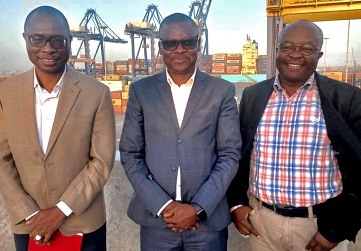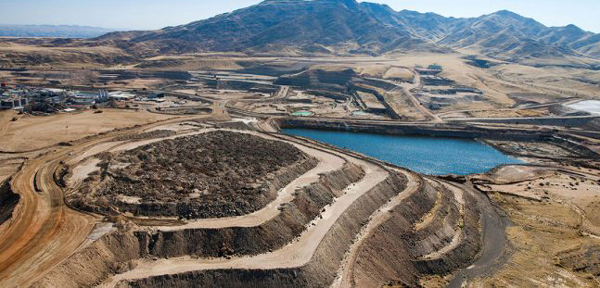
NamWater cashes in on solar

The newly installed solar power plant on the roof of the NamWater head office in Windhoek’s Northern Industrial Area will generate a maximum of 34kWh and will save the water utility up to N$800,000.
The Economist spoke to Tommi-Riva Numbala, Public Relations Officer for Executive Management at NamWater who said,“ this was a small pilot project to investigate the effectiveness and efficiency of this technology in terms of mitigating the cost of electricity at the NamWater Head Office.”
According to Numbala the project at their offices generates a maximum of 34 kWh which is sufficient to supply the day to day electrical needs of the company.
Said Numbala, “NamWater is already utilising solar power for some of its operational functions. Those systems are however stand-alone installations as they are not connected to the national power grid.”
This is however the first time for NamWater to use this type of technology in their quest to limit the cost of power used at its offices. “This project, although on a small scale, because it was a pilot project, has proven effective, compatible and environmentally friendly and promises to pay back within 7 to 9 years,” he said.
“The lifespan of the current plant at NamWater head office is 25 years which means that after the recovery of the N$800,000 investment the plant will generate ‘free’ electricity for NamWater Head Office in excess of 15 years. In economics normally, the greater the scale the greater the benefit. It is no different in this case,” he added.
Meanwhile as a result of this move by NamWater, the water utility has already commenced phase 2 and 3 of this project which will see an additional increase in power generated and costs saved.
According to Numbala, the eventual aim of the project is to substantially reduce the cost of operations of the business. Since they operate, by law, on a cost recovery basis, it will mean that cost of water will stabilize and increases would be curtailed in the near future.
The move by NamWater came at an opportune time following the the Electricity Control Board tariff adjustment of 9.53%, an increase from N$1.17 to N$1.28 per kWh which is set to take effect as of 1 July.













































